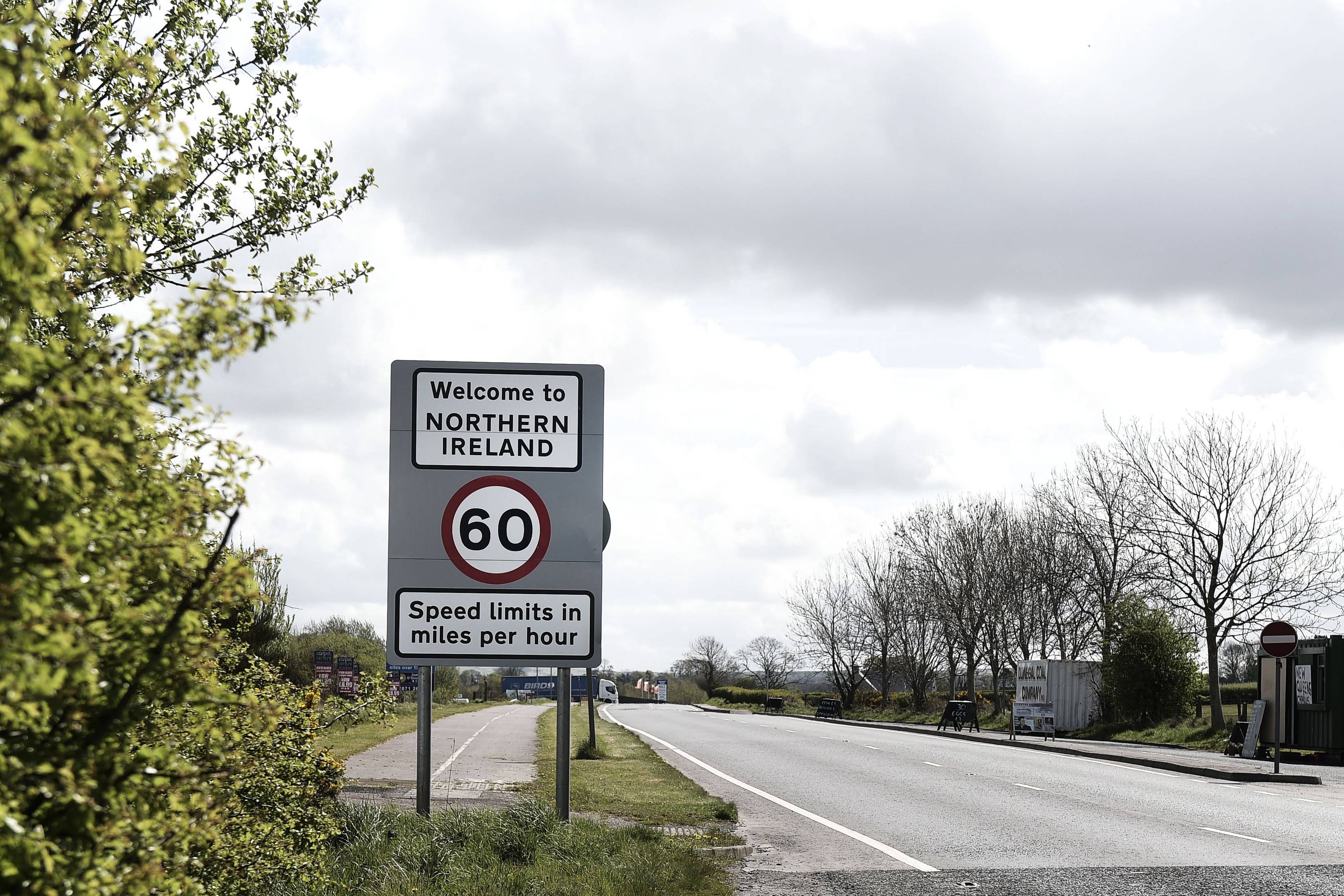Boris Johnson’s proposed new Brexit deal is the best possible proposal for the people of the United Kingdom and Northern Ireland.
It allows Northern Ireland and the Republic of Ireland to continue regulatory alignment for a potentially prolonged period of time, removing the need for customs checks at the Northern Ireland – Ireland border. This, along with other commitments outlined within, protects the integrity of the Good Friday Agreement which all sides have committed to upholding.
Moreover, it allows the Northern Irish people the opportunity to exercise their democratic right to consent to whether they want to continue with said regulatory alignment, a key element lacking in the previous withdrawal agreement.
But, and most importantly, it guarantees that the 2016 EU referendum result is respected, ensuring the UK (including Northern Ireland) has control of its borders and its laws.
Too good to be true? Let’s take a look at the detail.
Firstly, the proposal proposes a new all Ireland regulatory zone on the island of Ireland, ensuring full regulatory alignment between Ireland (and by extension the EU) and Northern Ireland. As a result of this complete regulatory alignment, goods passing between Northern Ireland and Ireland will conform to the same set of rules, eliminating the need for any checks either in transit or at the border line.
At first, this may seem eerily similar to the deal negotiated by Mrs. May for which the so called backstop served as an insurance policy if both sides couldn’t agree on the future relationship. However, there are subtle but key differences here. For one, the commitment to regulatory alignment is limited to Ireland and Northern Ireland. Additionally, the Northern Irish people will have a say every four years as to whether or not they would like that agreement to continue. Moreover, the UK as a whole does not commit to the same, existing in its own customs territory, ensuring the UK takes back control of its laws and ability to negotiate free trade deals around the world, key promises in the 2016 referendum.
Secondly, after the transition period is over, Northern Ireland becomes fully part of the UK customs territory, remaining part of the UK economically and thus respecting the integrity of the UK. Here is where checks may be needed as Northern Ireland could effectively be part of two zones, with different regulatory frameworks.
However, in addition to giving the people of Northern Ireland a say as to whether or not to remain part of the all Ireland regulatory zone, Boris’ proposals also propose the use of technology and commonly used trade schemes to capitalise on Northern Ireland’s regulatory alignment with Ireland. This includes trusted trader schemes in which large trustworthy traders will be given licenses to continue to trade freely between the UK and Ireland, at premises checks and inspections to ensure smaller traders keep to the rules of both regulatory zones and the use of customs technology to electronically recognise and process transit vehicles to ensure there are no stops and searches at a physical location.
Given that Northern Ireland – Ireland trade accounts for little over 1% of total EU trade and given the fact that all parties have committed to avoiding a hard border between the two, it seems reasonable to me that these proposed arrangements provide a novel alternative to a sovereignty-devouring backstop that does not respect the 2016 referendum result.
Indeed, the UK government has already announced that it will give Northern Ireland a new deal within the Union in order to facilitate the proposals.
Despite the clear merits of this proposal, the EU negotiating team has seemed, at least in the first instance, not to have welcomed these proposals (in fact, it seems that Germany’s position has hardened further, insisting Northern Ireland stay within the EU). Forget for a second the obvious position of the UK, that no Prime Minister would agree to an effective annexation of Northern Ireland by a foreign power, the coldness with which these proposals have been welcomed raises pertinent questions for both Ireland and the EU.
In the case that these proposals are rejected (and the UK leaves the EU without a deal), would the EU force Ireland to erect a hard border between itself and Northern Ireland, in direct contradiction of the Belfast Agreement under which Ireland and the EU have made commitments?
If Ireland refused, would the EU either punish Ireland or send in its own border ‘forces’ to erect a border?
Now, there is precedent for the EU ignoring its own rules for the furtherment of the EU project (think of the ascension of EVERY single EU member state, none of which met or would have met the admission criteria on inflation, debt to gdp ratio etc.). There, is the justification for doing so today; to avoid putting a member state in the position of choosing between its membership of the EU and the resurfacing of the literal bloodshed that occurred before the Belfast Agreement.
For that reason, these proposals must be taken seriously. Even if not accepted in their entirety, these proposals must serve as the starting point Mrs. May should have taken to the EU 3 years ago and maybe, just maybe we can finally get Brexit done to the satisfaction of all sides.
Image Credit: Wired UK

